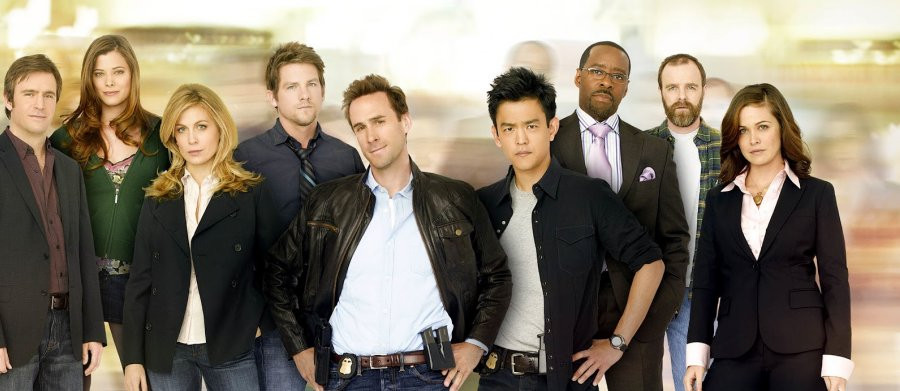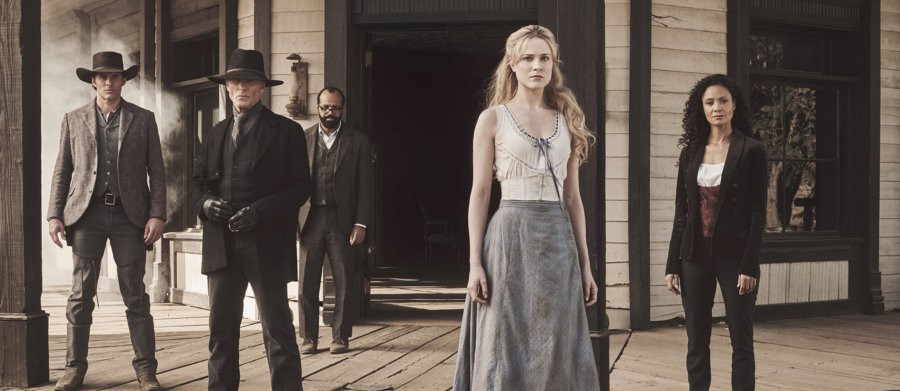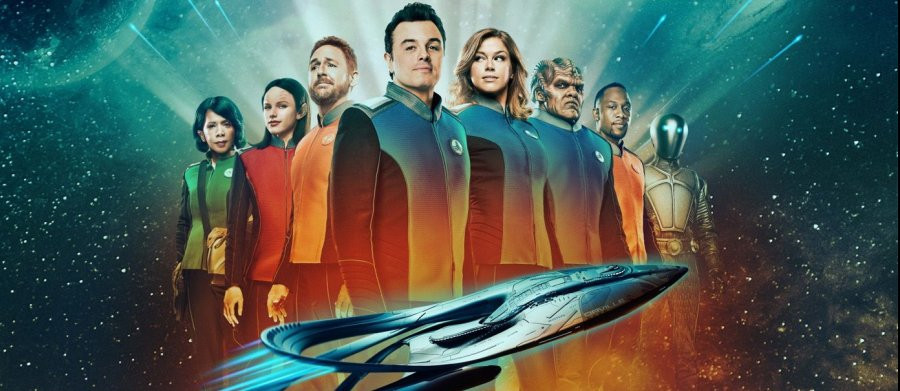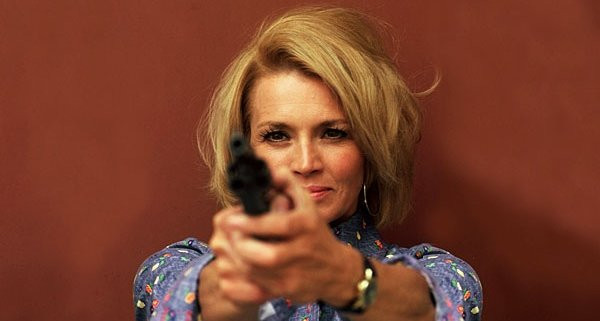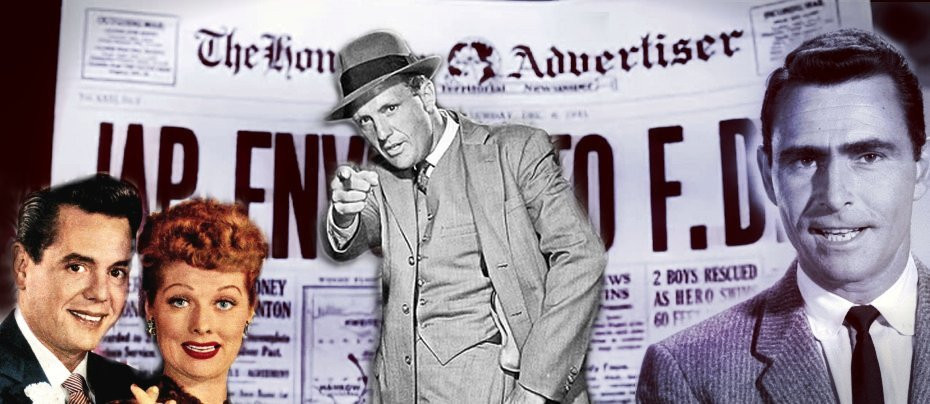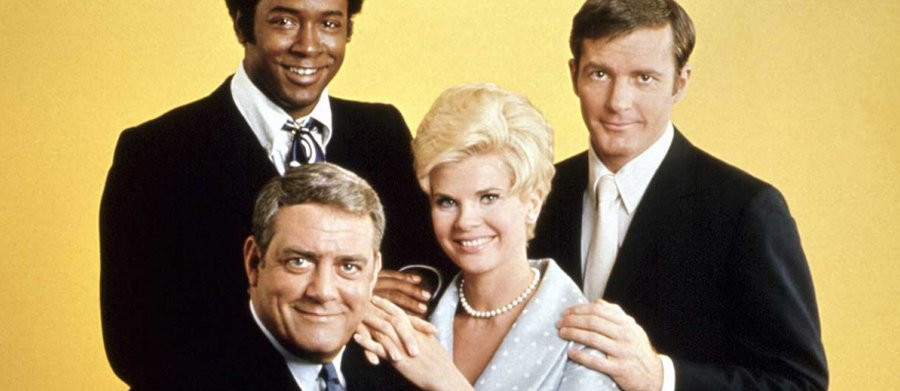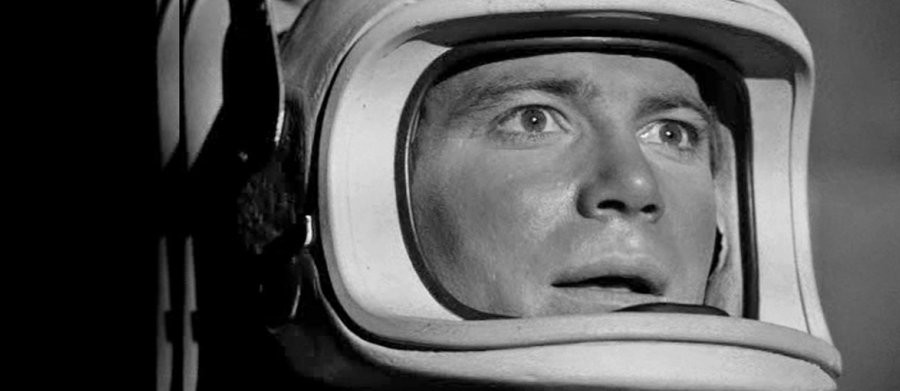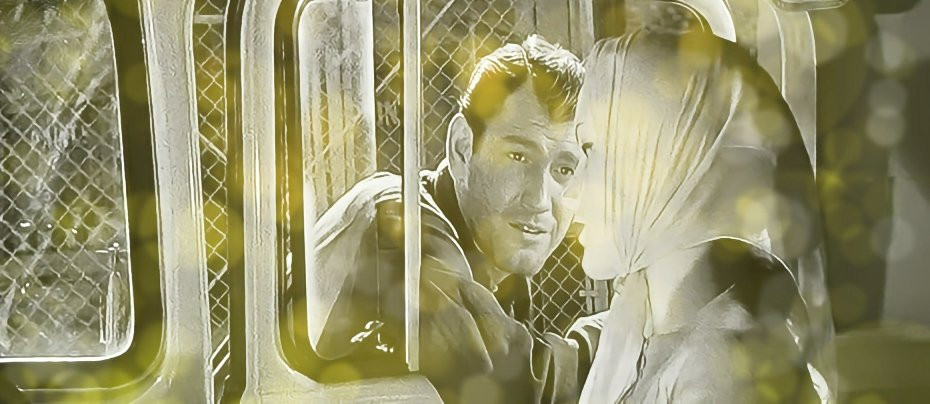
The Best of...The Twilight Zone: Where is Everybody?
‘The Twilight Zone’ Pilot That Explores Isolation
Reviewed by Matt Owen
The pilot episode of The Twilight Zone, “Where is Everybody”, was first televised on CBS in October 1959, and changed the world of science fiction for good. This very first installment in Rod Serling's iconic anthology franchise touched on many themes that would be explored in later episodes, while also stunning viewers with a style of ending rarely seen in the series thereafter. The simple premise – a man with amnesia finds himself in a deserted town – is elevated with a signature air of menace, slowly building until its memorable conclusion. As The Twilight Zone approaches its 65th anniversary, let's reflect on the episode that started it all.
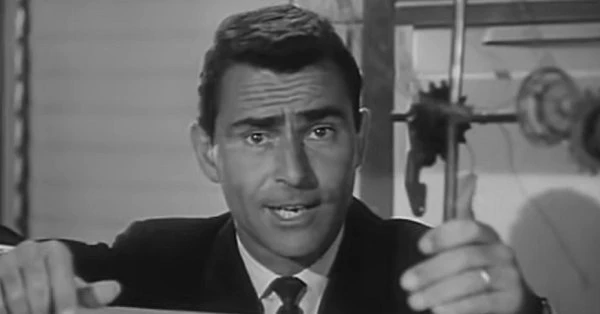
“Where is Everybody”, directed by Robert Stevens, opens with Rod Serling's now iconic introduction to the Twilight Zone; a dimension that is as vast as space and as timeless as infinity. As the episode begins in earnest, Serling leaves us with a simple set-up. “The place is here, the time is now, and the journey into the shadows that we're about to watch could be our journey.”. Firmly planting the story in present-day 1959, the narration promises a tense cautionary tale before throwing us in, headfirst.
A man with amnesia, who we later know as Mike Ferris (played by Earl Holliman), strolls down a dirt road, and following the sounds of a roaring jukebox, arrives at a cafe. Even with an OPEN sign in the window and the hot pot of coffee brewing on the stove, the eatery sits abandoned, leaving Mike's hunger unsatiated. With $2.58 in his front pocket and nothing but questions, he heads further up the road into the quaint town of Oakwood, only to find more of the same. Businesses are left unattended in broad daylight and the streets are completely void of activity, as if the population have vanished into thin air. At the police station, he finds a cigar smouldering on the reception desk and a faucet running in the cells, but no sign of the jailer or jailee.

Despite the complete lack of local authority, Mike can't shrug off a growing sense of dream-like paranoia, where his every action is studied by watchful eyes. As night falls on Oakwood, flashing lights guide him toward a cinema, showing the 1957 war film, Battle Hymn. Recognizing a soldier's jumpsuit on a poster as the clothes on his back, Mike deduces that he is in the Air Force, but without anyone to share the recollection with, the surprise is short-lived. However, when the film starts playing without the aid of a projectionist, his excitement turns into anxiety, sending him into a full-blown panic attack. Pouring out onto the streets, Mike calls for help, endlessly slamming his finger into a crosswalk button in desperation.
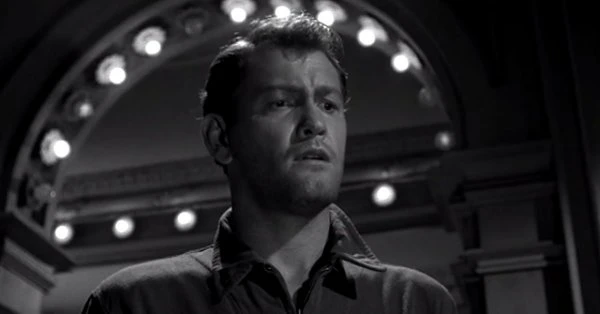
As his military superiors watch on, it is revealed that Mike is only trapped in his own imagination, as he is undergoing an isolation experiment for a planned trip to the moon. Lasting a total of 484 hours and 36 minutes (or just over 20 days), the training exercise is viewed as a success, but with the realization that every factor of quality life cannot be emulated. More so than the fundamentals of nutrition and mental stimulation, man's desire for companionship supersedes all else, and if left unchecked, spells inevitable disaster. While being carted away on a stretcher, Mike takes a glance at the moon, stating that mankind will soon conquer the vast journey to its surface.
Minute after minute, “Where is Everybody” exemplifies everything that made the early seasons of The Twilight Zone so special. In the late 1950s, mankind was heavily flirting with cosmic exploration, as the U.S.S.R and the United States engaged in a heated space race during the Cold War. Springboarding off this topical source of tension and unease, the episode beckons discussion of deeper, more philosophical questions related to our very existence. It not only ponders on the subject of total isolation, but what lies beyond the breaking point. What kind of dreams would the mind conjure in an effort to cope? Would we even know that it's a dream at all?

A good premise is wasted if the execution fails to support it, but thankfully, the pilot episode of The Twilight Zone is also excellent entertainment. Across 20 minutes of nail-biting intrigue, we are treated to a fully committed performance from Earl Holliman, who carries the story on his back with ease. Perfectly portraying a swift descent into delusional madness, Holliman plays his part with a notable physicality and exhaustion, echoing the growing anxiety of the audience in parallel. That anxiety is helped by a haunting original score from Bernard Herrmann, best known for his work on iconic films like Citizen Kane (1941), Psycho (1960), and Taxi Driver (1976). Herrmann’s musical inklings often stir into unsettling ambience, dancing between playful and insidious tones. To that point, the episode also demonstrates effective use of complete silence, intensifying moments of uncertainty tenfold.
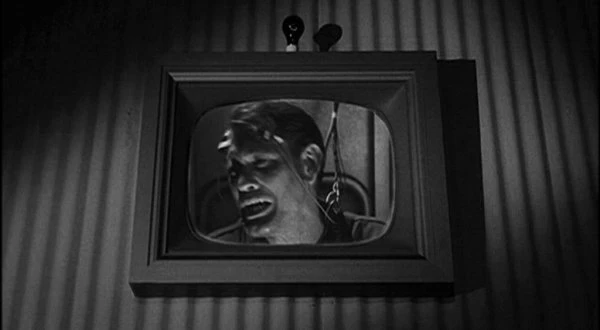
The ending of “Where is Everybody” is also notable for its lack of supernatural flavour, something that most other Twilight Zone episodes deliver in full. No ghostly spectres or paranormal surprises sit at the climax of Mike Ferris' story, just the crushing agony of loneliness. This seems to be one of the only regrets from writer and creator Rod Serling, as he eventually updated the story for inclusion in the 1960 book, Stories from the Twilight Zone. In the book version, Mike finds a ticket stub from the movie theatre in his pocket while being carried out on the stretcher, implying that his trip to Oakwood was more than just a mental coping mechanism. While the supernatural addition is neat, I prefer the televised ending, as the bleakness of Mike's isolation is cleverly transformed into hope for the space-faring future, while simultaneously cutting humanity down to size on the cosmic scale.
If not for this fantastic pilot episode, The Twilight Zone would not be the benchmark of science fiction that it is today. At first, Rod Serling struggled to get the anthology off the ground due to his initial stories being too depressing, but with this gem, he finally managed to get the show approved. Thanks to the smart play on the “Last Man” formula and its relevant themes, the show secured a spot on network television, leaving the rest to history. It may not be universally regarded as one of the best episodes of The Twilight Zone, but the pilot is a personal favourite and an undeniable trendsetter for the series as a whole. Through its exploration of important ideas by way of suspense and sci-fi oddity, “Where is Everybody” is just as riveting today as it was 65 years ago, standing as a powerful first foray into Rod Serling's career-defining magnum opus.
Published on February 28th, 2024. Written by Matt Owen for Television Heaven.



